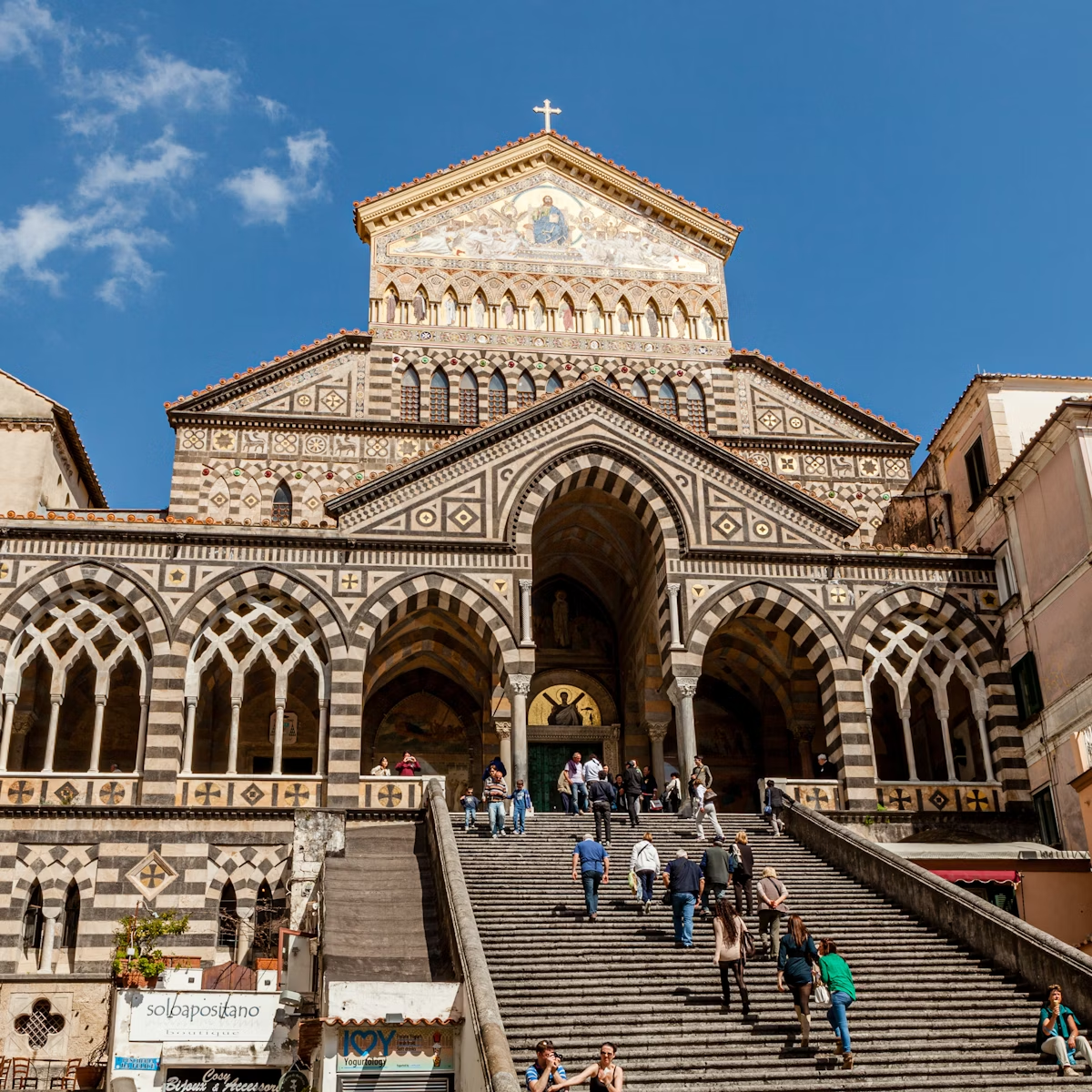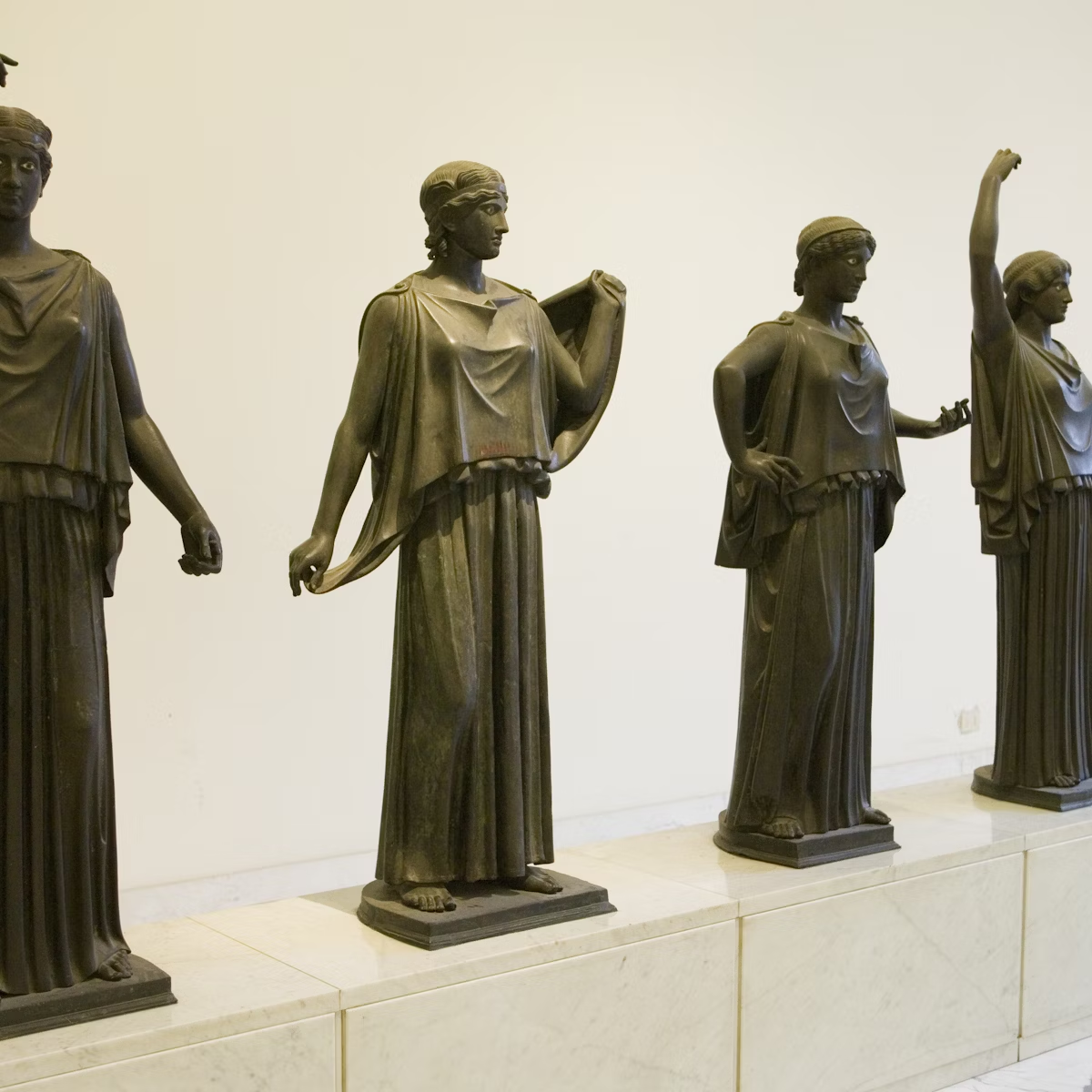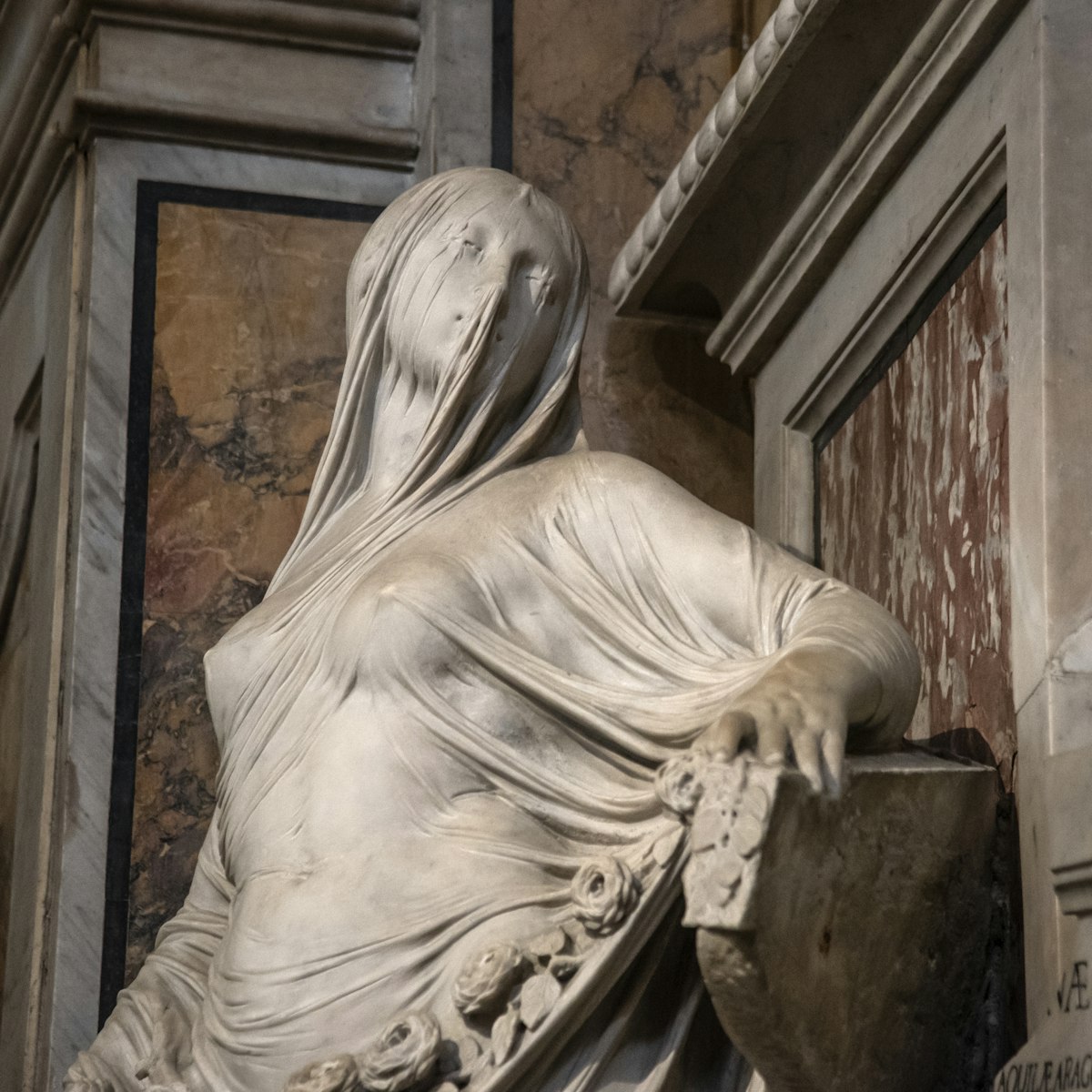Head up the steep steps at this off-the-radar park and you'll find yourself peering into the world's longest Roman tunnel. Designed by the architect Lucius Cocceius Auctus, the 700m-long engineering feat once linked Naples to Pozzuoli. At the top of the steps lies the tomb of Virgil, who died in Brindisi in 19 BC. Legend has it that the Roman poet's remains were carted to Naples and buried in this Augustan-era vault.
Also buried in the park is 19th-century poet Giacomo Leopardi.







